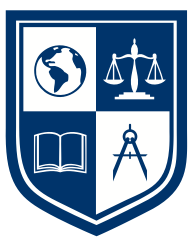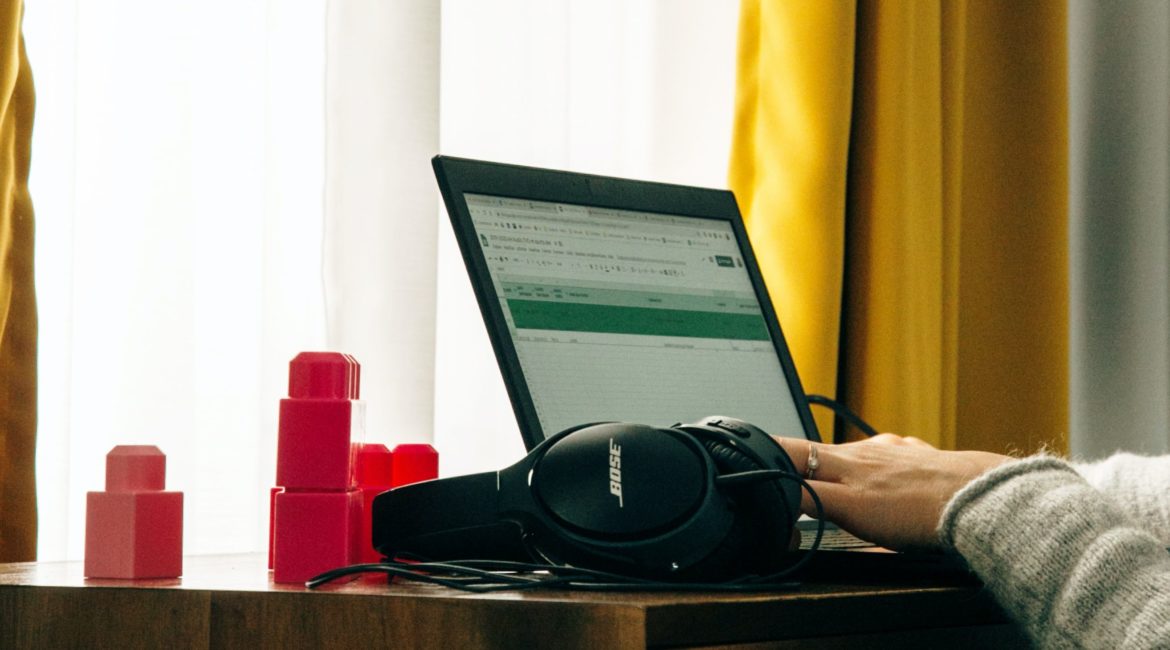On a Saturday afternoon in March, New York City educators were thrust into the unknown. Mayor Bill de Blasio announced that schools would close because of COVID-19 and the world’s largest school system would shift to virtual teaching.
The hurdles to overcome were incredible. Charter public schools like Classical worked quickly to support families in securing internet access and devices. We called, emailed, texted, and mass-ordered supplies to ensure every family could continue learning from home. In just days, we reinvented decades of instruction.
Fast forward four months later. Our scholars rose to the challenge of meeting high expectations, teachers established an instructional groove, instructional leaders discovered new pedagogical approaches, and our school community grew more cohesive than ever. Today, despite the challenges, we are thriving remotely.
The question for us and so many schools and districts nationwide, going forward is: How do we now prepare for a new normal? One where educators are bracing for a second COVID-19 wave and remote learning will likely be a reality going forward.
With no state exams, how are we going to measure success in the long-term or grade students in the fall? Do we offer families wider latitude? Or do we maintain the same accountability systems that would exist under normal conditions?
Over my years leading one of the highest performing charter networks in New York, I’ve watched educational debates devolve into divisive us-versus-them battles. You’re either for “no excuses” – or for organizational chaos. You’re either for developing a complete child – or you’re in favor of rote memorization and senseless over-testing.
Unfortunately, we may be slipping into those dichotomies again as we work to answer these pertinent questions related to remote learning. On one side, some say we must hold families and children harmless for academic progress entirely, that regardless of a “COVID-19 slide,” kids will suffer more if they are held back than if they are promoted, even without total mastery.
Others argue that traditional grading and accountability systems should remain in place, unchanged by the current circumstances. Just because we’re virtual doesn’t mean we should adjust our expectations for student success, and if you favor latitude, then you’re wittingly undermining learning.
It’s Team Empathy vs. Team Accountability.
But this debate should be a thoughtful policy discussion about how each school can achieve accountability in the context of their own circumstances – not whether or not to strive for it at all.
Accountability in our schools – in-person or remote – is central to nurturing a culture of high expectations and, ultimately, student success. So, the question is, how do we meet that objective in a way that is also responsive to current challenges?
For us at Classical Charter Schools in the South Bronx, empathy and accountability go hand-in-hand. We’ve meticulously built our remote learning program based on synchronous learning. Every school day, every scholar should experience the same level of high-quality instruction. By condensing classes of the same grade into a single remote learning platform, every student learns from the same writing or math class within our structured curriculum.
That means that teachers, too, benefit from collaborative work and are held accountable by their peers for quality instruction. Rather than asking three different 5th grade teachers to teach the same subject in three different online learning environments, a single teacher can achieve the same result while the others provide targeted, small-group support. The lift is shared and made more sustainable while quality instruction is preserved.
Our approach allowed us to maintain our promise to families that their children will receive an education that will set them up for a life of choice and academic access. So, we’re maintaining existing promotional requirements. After all, you can’t complete high-school physics in a post-COVID-19 world if you never fully grasped algebra during virtual learning.
But we also know that these times have been challenging. Not all scholars have found equal success learning from home, and not all families have been able to provide the same level of support. A child of a nurse, an essential worker, or a sick parent doesn’t deserve to experience a punitive policy because of external circumstances.
Recognizing this unique situation and tailoring our approaches is not abdication of standards or watering-down of a “no-excuses” approach. It’s those unique circumstances that not only brings us closer to understanding scholars’ individual needs, but forces us to redouble our efforts to develop a promotional policy that is fair to scholars now and in the future. That’s why we’re putting such a focus on rigorous summer school for those who need it most.
The bottom line is, COVID-19 is spotlighting an enormous gray space that has always existed in policy debates across the political-pedagogical divides, and it’s easy to retreat into our respective corners in the discussion over what a new normal for our schools should look like. But the truth is that providing students with a quality education and being accountable for their success is the ultimate goal for all schools during these challenging times. But it necessitates finding the policies that are right for the unique situations of the families we respectively serve. Relativism matters.
No matter where we teach – district or charter, in high or low-income communities – we must ensure children feel virtually the same sense of family and community that they experience when in a classroom.
Because schools, whether in-person or remote, are like second homes for kids.
 This post was contributed by Mr. Lester Long, Executive Director of Classical Charter Schools. As a non-CMO charter network, we rely on the thoughts, opinions, and innovations of our staff to move our mission forward and provide an excellent academic option to families in the South Bronx. To hear more from our staff, check out the next post! Or, click here to learn more.
This post was contributed by Mr. Lester Long, Executive Director of Classical Charter Schools. As a non-CMO charter network, we rely on the thoughts, opinions, and innovations of our staff to move our mission forward and provide an excellent academic option to families in the South Bronx. To hear more from our staff, check out the next post! Or, click here to learn more.


